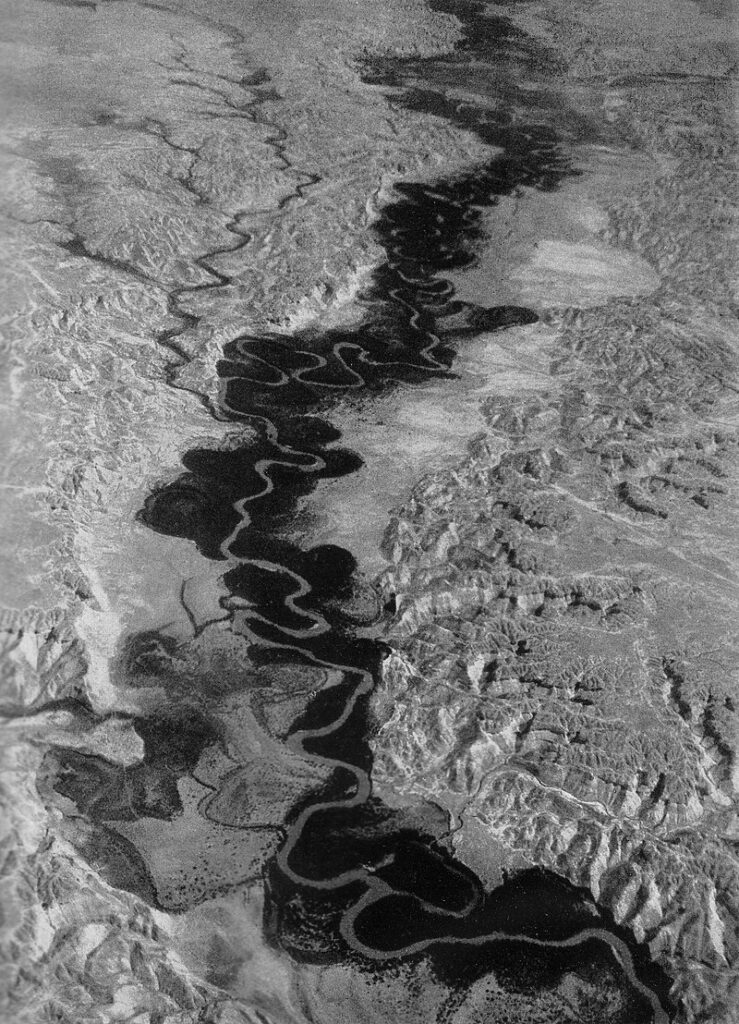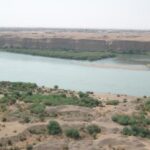It is a well-known thesis that the conflict between the Israelis and Palestinians is not really about politics, but about access to water. The Israeli military administration has systematically prevented Palestinian groundwater capture in the West Bank since 1967. In Gaza, on the other hand, anyone can drill a well, and although Tel-Aviv’s policy there is not as restrictive as in the West Bank, there is a huge problem with water quality. Demography plays a big role in this, as water-scarce Gaza is densely populated, while the water-rich West Bank is sparsely populated. This problem is not being solved as the Israelis seek to expand their state eastwards.
In the 1967 Six-Day War, Israel occupied the Syrian Golan Heights and the West Bank to secure the water supply for the fledgling state. Since then, about 90 per cent of the Jordan’s water has been piped to Israel, while the 250-kilometre-long Jordan River must also supply water to Syria and Jordan. The fact that the Jordan is such a small river will lead to even more conflicts in the region in the future.
Egypt functions in a similar way. As early as 1929, it secured a treaty signed with the British to the effect that all states bordering the Nile must first ask Egypt for permission if they want to use the Nile water. Egypt’s entire life takes place on the banks of the Nile, from which the country draws 97% of its water. When Ethiopia tried to build dams on its territory in 1980, it almost came to war.
Turkey controls the upper reaches of the Euphrates and Tigris Rivers and determines how much water Syria and Iraq get. Erdoğan, the new sultan on the Bosporus, who obviously wants to expand his sultanate, does not necessarily have to intervene militarily in Syria or Iraq: it is enough that he will just turn off the tap once in a while. Just as he cleverly put pressure on Europe with migrant flows, in the future he could blackmail the countries located on the two rivers with access to water.
That wars over water are not just latent or part of history, like the 1948 conflict over the Indus between India and Pakistan, is evidenced by the events of this spring, when a bloody clash broke out between Tajikistan and Kyrgyzstan. Heavy fighting between the centralist countries, which left 40 dead and several hundred injured, was triggered by disputes over the water distribution point on the Isfara River. Water was then only a spark in the powder keg of the hostile ethnic groups of Central Asia. While the Western media paid little attention to the events in May this year, the decision-makers in Beijing certainly watched it with great attention – anything that happens on the New Silk Road can thwart China’s plans.
With water it is like with oil: whoever sits at its source has a right to it that no one can dispute.
More on this topic in our latest bulletin.

Jordan River, aerial view, Wikipedia




